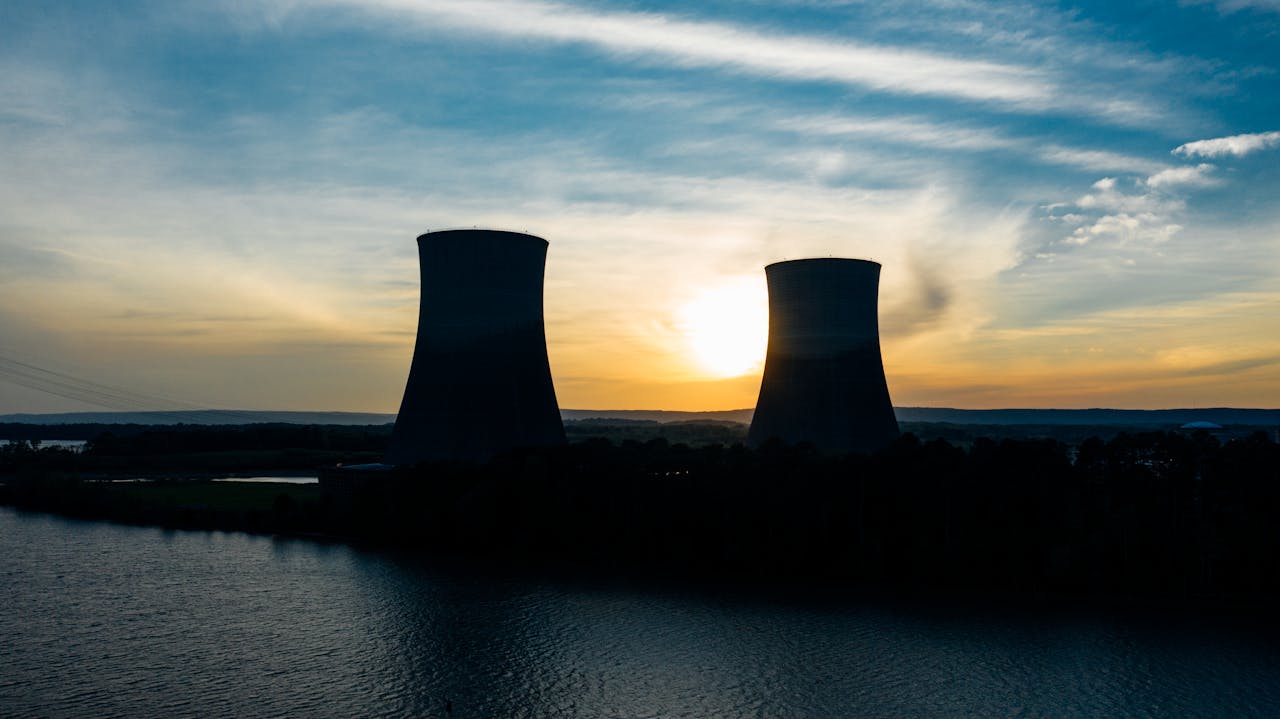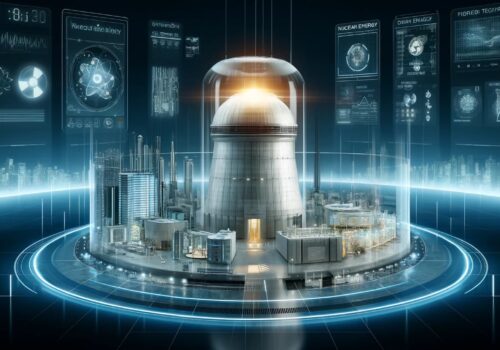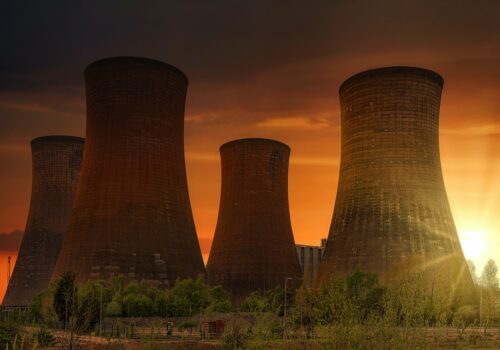The Role of Geological Consultants in Supporting Nuclear Energy Projects
Nuclear energy projects are highly complex, requiring precise planning, engineering, and environmental evaluations to ensure safe operations. While much attention is given to reactor design and regulatory compliance, the geological aspects are just as critical. Geological consultants provide essential expertise in areas such as site selection, waste storage, and environmental monitoring—helping nuclear facilities operate efficiently and safely.
Geological Site Assessments: The Foundation of Safe Nuclear Projects
Choosing the right site for a nuclear power plant involves more than just proximity to resources and population centers. Geological consultants are responsible for assessing seismic activity, soil conditions, and fault lines to ensure that the site is suitable for long-term operations. These assessments reduce the risk of accidents caused by natural disasters such as earthquakes, landslides, or flooding, which could jeopardize the integrity of a nuclear facility.
Geological studies also evaluate groundwater flow and subsurface stability, preventing potential issues with cooling systems and environmental contamination. For instance, consultants may determine whether underground water flows could pose risks to reactor infrastructure, or how land shifts might affect plant safety over time. These assessments are particularly important in regions where seismic activity is common, ensuring that the plant is constructed on stable ground.
Additionally, site assessments are not limited to the initial planning stages. Periodic geological evaluations are critical to monitor any potential changes in the terrain that could affect long-term operations. This ongoing assessment helps maintain the safety and efficiency of nuclear facilities over decades of operation.

Managing Long-Term Waste Storage
Nuclear waste storage is one of the most challenging components of the nuclear energy lifecycle. High-level radioactive waste must be stored securely for thousands of years, making geological conditions a critical factor in site selection. Geological consultants analyze underground formations, looking for stable, low-permeability rock layers that can prevent radioactive leakage and isolate hazardous materials from the environment.
By identifying suitable locations for waste repositories, these consultants ensure that storage facilities remain safe even in the event of seismic activity or environmental changes. Long-term studies of geological behavior help predict future risks, supporting the nuclear energy sector’s commitment to safety and sustainability. This forward-looking approach minimizes the potential for environmental contamination, which could have catastrophic consequences if radioactive materials were to enter groundwater supplies or local ecosystems.
Geological consultants also assess the suitability of alternative waste storage methods, such as deep geological repositories or near-surface disposal for lower-level waste. By advising on the best long-term storage solutions, they help nuclear facilities manage radioactive waste responsibly, safeguarding both the environment and public health.
Environmental Monitoring and Risk Mitigation
The role of geological consultants extends beyond initial site assessments to ongoing environmental monitoring. As nuclear facilities operate, they must continuously evaluate their environmental impact to comply with national and international safety standards. Geological monitoring ensures that land shifts, erosion, or groundwater contamination risks are identified early, minimizing hazards before they escalate.
In addition to ongoing monitoring, consultants conduct Environmental Impact Assessments (EIAs) to anticipate potential challenges during the construction and operation of nuclear plants. These assessments include studies on the impact of cooling systems on nearby ecosystems, the movement of underground water systems, and how waste management practices affect surrounding communities. By identifying risks early, consultants can help nuclear facilities implement mitigation strategies, such as improving containment systems or adjusting operational practices to reduce environmental impact.
Regular monitoring and risk mitigation efforts are essential for maintaining the integrity of a nuclear plant over its entire operational lifecycle, from commissioning to decommissioning. Geological consultants play a vital role in ensuring that the facility remains in compliance with safety regulations and environmental standards throughout this time.
Mitigating the Impact of Climate Change on Nuclear Infrastructure
Climate change introduces new challenges for the nuclear energy sector, including rising sea levels, increased flooding, and more frequent extreme weather events. These changes pose significant risks to nuclear infrastructure, particularly for plants located in coastal or flood-prone areas. Geological consultants help nuclear facilities prepare for these changes by assessing how future environmental shifts could impact plant operations and infrastructure.
By integrating climate models into geological assessments, consultants guide facilities in implementing adaptive strategies. These strategies may include reinforcing foundations, constructing barriers to protect against flooding, or relocating waste storage sites to areas that are less vulnerable to rising sea levels or extreme weather. This proactive approach ensures that nuclear facilities remain resilient in the face of evolving environmental risks, helping to safeguard their operations for the future.
The role of geological consultants in climate change mitigation extends to advising on the placement and construction of new nuclear plants. As climate risks become more pronounced, choosing geologically stable sites that are resilient to environmental shifts will be key to ensuring the continued safety and viability of nuclear energy projects.

Collaboration Across Disciplines
The work of geological consultants is not limited to geological studies alone. They collaborate closely with engineers, environmental scientists, hydrologists, and policymakers to develop comprehensive strategies for nuclear energy projects. This interdisciplinary approach ensures that all aspects of a facility—from infrastructure to environmental impact—are considered during the planning and operational phases.
In particular, geological consultants often work with civil engineers to design earthquake-resistant structures, with hydrologists to manage water resources, and with environmental scientists to develop sustainable waste management practices. Their expertise supports the nuclear industry in balancing operational goals with environmental responsibility, ensuring that facilities are both safe and efficient.
Conclusion: The Essential Role of Geological Consultants
Geological consultants are indispensable to the success and safety of nuclear energy projects. Their work spans site selection, environmental monitoring, and waste storage, ensuring that facilities meet stringent safety standards and remain resilient over time. As the nuclear energy sector continues to evolve, the insights provided by geological experts will be critical in addressing new challenges, including climate change and stricter regulatory frameworks.
With their extensive knowledge of geological processes and their ability to collaborate across disciplines, geological consultants help nuclear facilities operate safely and sustainably. As the world increasingly turns to nuclear energy as a clean energy source, the expertise of geological consultants will continue to be a cornerstone of responsible and efficient nuclear power generation.




